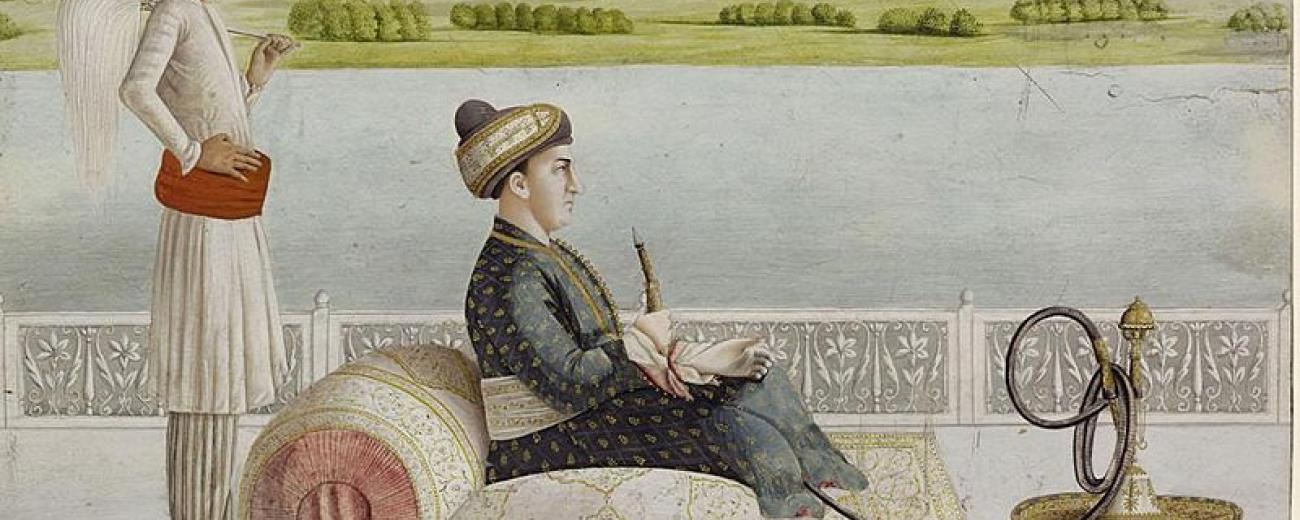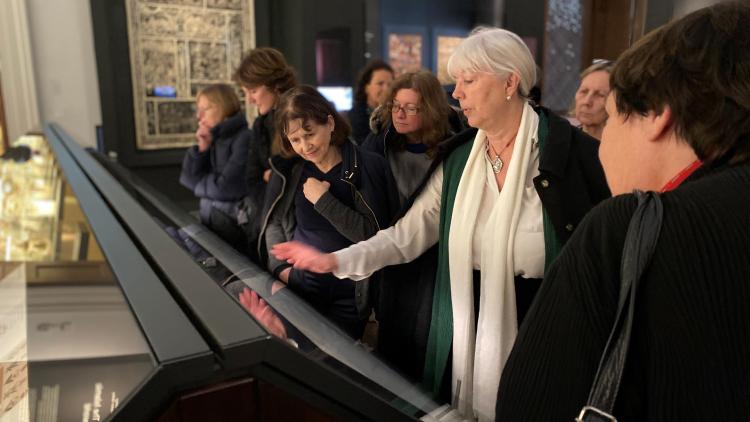The art and culture of Lucknow: 1775-1856


Key information
- Duration
- 17 May - 5 July 2024
- Attendance mode
- Online
Course overview
In the late eighteenth century Lucknow became one of India's most prosperous, cosmopolitan cities and the capital of Awadh, a former Mughal province in north India which became independent in 1722. When Delhi fell into decline following a series of invasions, waves of immigrants, including artists and intellectuals, arrived in Lucknow.
The Nawabs' sophisticated court life also lured Europeans, who brought their own style with them. The city became synonymous with luxury, elaborate architecture and vibrant arts. The diversity of these arts resulted from a multicultural environment where poetry and music were prominent.
This short-lived period of cultural extravagance can be found in the surviving paintings and decorative arts now distributed in collections worldwide and in the city's architecture. The annexation of Awadh by the East India Company in 1856 was a major cause of the Great Uprising, after which the Company destroyed buildings and looted the palaces, ending Lucknow's splendour.
This online short course will bring this fascinating period in Lucknow's history alive through an exploration of its arts and culture.
The course is convened by Dr Emily Shovelton (co-convenor of the Arts of India module of the SOAS-Alphawood Postgraduate Diploma in Asian Art).
Structure
The course features eight online lectures delivered via Zoom, every Friday at 1:00pm (UK time). Each lecture will be followed by an extended Q&A session. All lectures will also be recorded and made available for registrants to view in their own time for a limited period.
The full schedule of speakers and lecture topics can be found at this link.
Please email asianart@soas.ac.uk to be added to our mailing list.
Fees and funding
Fee: £375
Please refer to our registration terms and conditions before registering.

